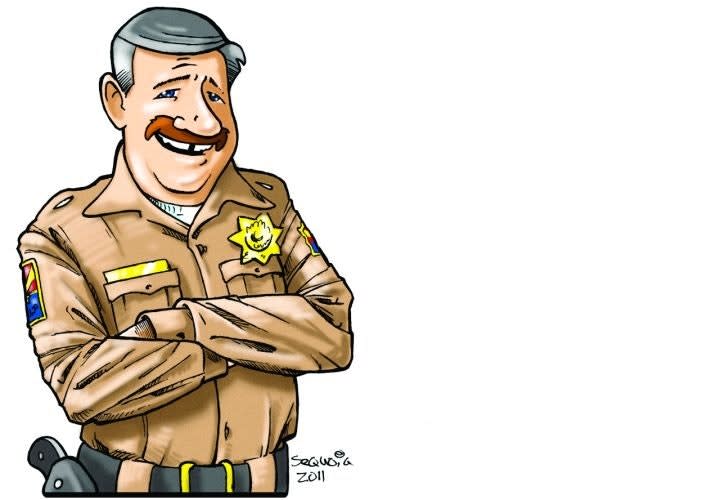It is difficult to make predictions, especially about the future. —Danish Proverb
We live in the Age of Experts. Everywhere we turn some "expert" is predicting a multitude of futures, forecasting a plethora of consequences, and pontificating about actions that need to be taken to change those futures and/or create the results he or she sees coming.
Law enforcement has often been directed to follow the dictates of this or that PhD. We are told to depend on expert insight by the various authoritative bodies that have control over our decisions. DOJ, IACP, FBI, IALEFI, PERF, and a lot of other letters demand we train this or that, change this or that, or do away with this or that, usually based on the prediction of an expert or experts. Unfortunately, the odd thing we find so often is that these predictions are wrong and the actions demanded by them misguided, or myopic in their vision of the future. These actions have real world consequences and it is time to reflect on the problem of "experts" in our modern world.
Years ago, I read an entertaining compendium of predictions by a multitude of experts that were completely off. The Experts Speak was published in the 1980s and was certainly a fun read, as we all get a kick out of ironically wrong ideas from experts. It's fun—that is, unless your budget, career, or life is negatively affected by those ideas. Which experts do I trust and rely on when making policy, equipment, training, and budget decisions going forward? Are there predictors about predictors? Are all experts the same? Whom should I trust?
Author David Epstein looked at the research on experts and their predictions and put it all in a very insightful book: "Range: Why Generalists Triumph in a Specialized World." This book gives us some key ideas about not only whom to listen to, but also how to become better "experts" in our own right. As the title states, everything we think about predicting accurately is based on the idea that the more we know about a topic the better prognosticators we become. Not so, says Mr. Epstein, and so begins our understanding of Hedgehogs and Foxes.
"Hedgehogs" are the type of expert we see all the time on the news. They have spent their lives digging deeply into a narrow problem, and they developed their theories about the workings of the world based on that singular point of view; this is a corollary to the idea that says, "to a man with a hammer, everything's a nail."
Fortunately for these folks, we rarely hold them accountable for their predictions. Research shows they are rarely correct, and the more expertise they have in their narrow field the more confident they become—and the greater the inaccuracy of their prognostications.
The hedgehog knows a whole lot about a narrow topic, while the other group of experts, the more accurate predictors, knows a little about a lot. These folks are known as "Foxes," and they study a broad scope of ideas. Instead of digging and digging into one topic, foxes learn to accept ideas that may contradict one another, or be ambiguous in some ways, while hedgehogs live within the tidy ideas of their singular expertise. Not only do foxes learn a little about a lot, they are quick to learn from others, and they collaborate well when put in groups.
Psychologist Philip E. Tetlock spent decades studying experts and their predictions, and found that foxes greatly outperformed hedgehogs. Even their language tended to be different. In discussions, hedgehogs often used the word "moreover," while foxes typically used "however," and were open to changing their ideas as they gained more information. Ironically, hedgehogs often changed their predictions in the wrong direction when they acquired more information.
What to do? Find experts with a broad range of knowledge, and then become one yourself. Read a book outside of your expertise and be willing to find ideas that contradict yours. You may not change your mind, but your ability to articulate and teach your ideas will be enhanced. When seeking expert opinions, determine if you are dealing with a hedgehog or a fox by challenging their ideas and predictions and by keeping track of their performance. Foxes learn from their errors, hedgehogs tend to double down, entrenched in their narrow mindset; they seem to be learning disabled when it comes to thinking outside their tiny box.
Become a fox, move out of your comfort zone, and keep learning for the rest of your life. Stay safe.
Dave Smith is an internationally recognized law enforcement trainer and is the creator of "JD Buck Savage." You can follow Buck on Twitter at @thebucksavage.












